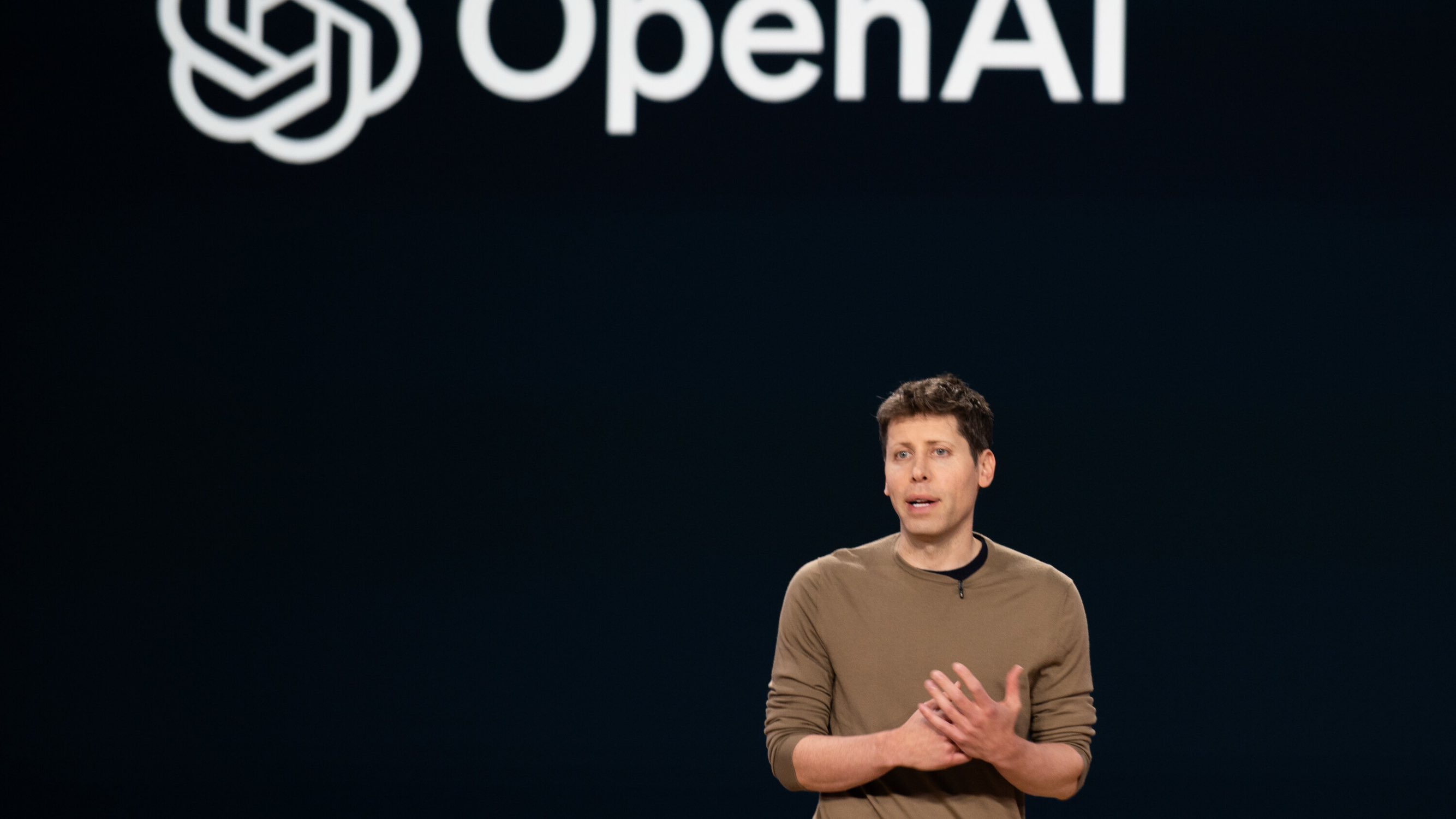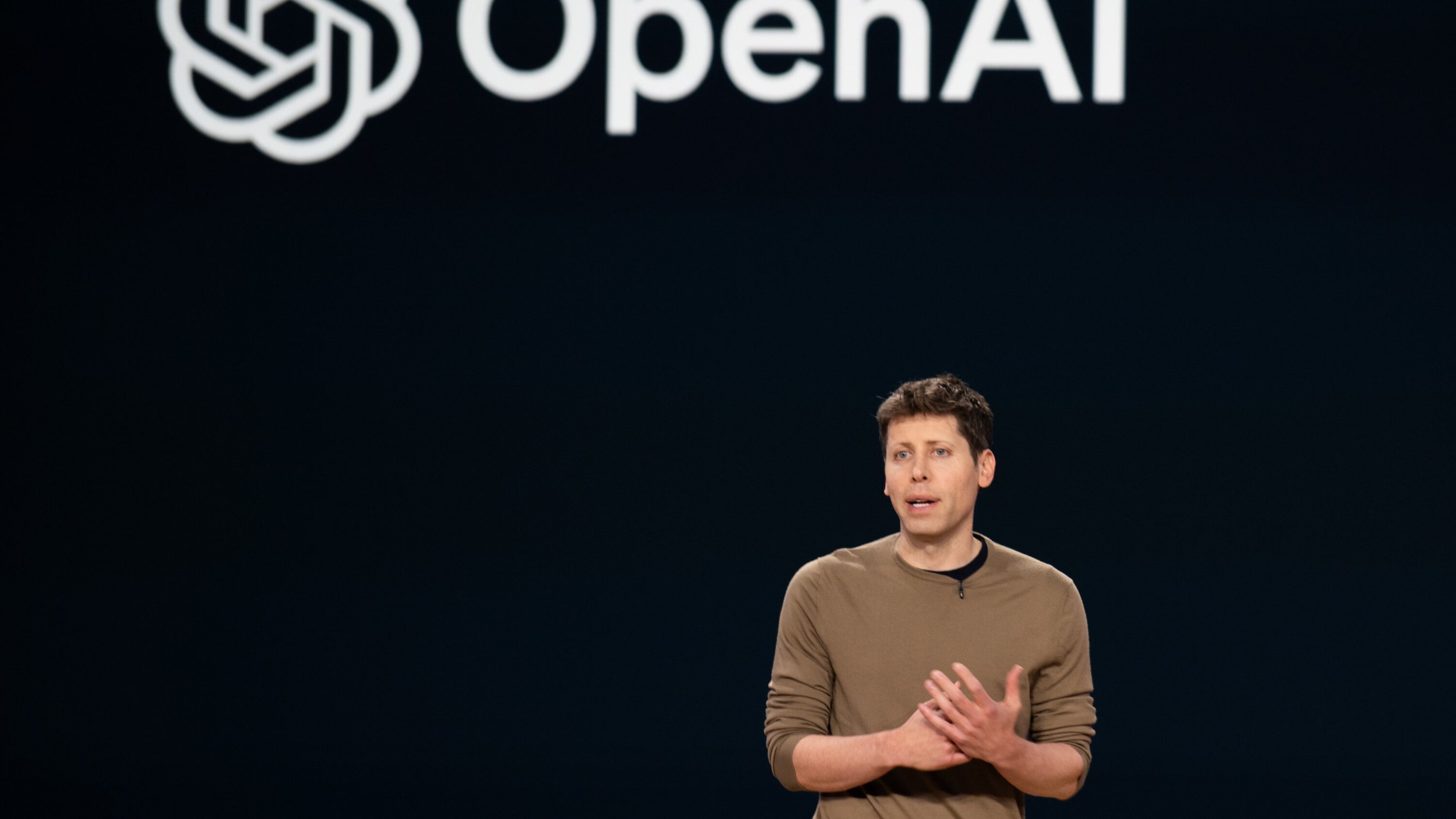OpenAI's Social Media Venture Ignites Altman-Musk Rivalry to New Heights
OpenAI, the company behind ChatGPT, is reportedly exploring the development of its own social media app, focused on images created via its various image generation tools. This move could position Open

OpenAI, the company behind ChatGPT, is reportedly exploring the development of its own social media app, focused on images created via its various image generation tools. This move could position OpenAI to compete with Elon Musk's X and Mark Zuckerberg's Instagram, as detailed in a recent report.

The project is still in its early stages, with an internal prototype centered on ChatGPT's image generation capabilities, featuring a social feed. CEO Sam Altman has been seeking feedback from external sources about the concept, though it remains unclear whether the social network would be released as a separate app or integrated into ChatGPT, which recently became the most downloaded app globally.
The inspiration for this initiative appears to stem from X, which powers xAI's Grok AI chatbot by feeding real-time data from its social network. This setup allows Grok to provide fresh and relevant responses. OpenAI seems eager to replicate this model, especially as more publishers restrict access to their content, limiting the data available to train its AI models. By creating its own social network, OpenAI could secure a continuous stream of user-generated data, ensuring its AI remains current and competitive.
This potential venture also carries a personal dimension, fueled by the rivalry between Sam Altman and Elon Musk. Musk, an early investor in OpenAI who pledged $100 million to the initially nonprofit project, parted ways with the company after clashing with Altman and the board over control. Since then, Musk has criticized OpenAI, launched his own AI venture, xAI, and integrated it with X. Meanwhile, OpenAI's success as a for-profit entity—highlighted by a recent $40 billion funding round at a $300 billion valuation—seems to have intensified their competition. A social network could serve as Altman's counterstrike in this ongoing AI race. Elon Musk would likely greet OpenAI's social network ambitions with a fiery mix of sarcasm and strategic counterpunches, especially given his personal history with Sam Altman.
OpenAI's latest image-generation tool, debuted in March, has already gained traction, enabling users to create everything from infographics to viral anime-style renderings of uploaded photos. Altman himself showcased the tool by updating his X profile picture with a generated image. This popularity could be a key driver behind the social network idea, though Altman noted on X that heavy usage has strained the company's GPUs, prompting temporary limits while efficiency improvements are made.

If OpenAI's social network were to launch, it could significantly shake up the social media landscape, particularly for pre-existing platforms like X and Instagram. X thrives on its real-time updates and news-driven conversations, while Instagram has long dominated the realm of visual storytelling through photos and videos. OpenAI's platform could carve out a distinct niche, appealing to creators, artists, and tech enthusiasts who are drawn to the novelty and creative potential of AI tools. This could siphon off a portion of users from X and Instagram, especially those seeking innovative ways to express themselves online.
However, the massive, loyal user bases of these established platforms mean OpenAI would need to deliver standout features—perhaps seamless AI integrations or exclusive creative tools—to truly disrupt their dominance. The competition could also push X and Instagram to innovate faster, potentially integrating more AI-driven features of their own to keep pace.
Beyond its impact on rivals, the success of OpenAI's social network could turbocharge its AI models, particularly GPT. A bustling social platform would generate a vast, ever-flowing stream of user content—text, images, and interactions—that OpenAI could harness to train and refine GPT. This real-time, diverse data could dramatically enhance GPT's capabilities, allowing it to better grasp nuanced human communication, generate more contextually rich responses, and even anticipate emerging trends.
The boost could make GPT a cornerstone not just of OpenAI's ecosystem but of AI innovation writ large, setting new benchmarks for what artificial intelligence can achieve in understanding and interacting with the world.
OpenAI faces hefty competition in the fast-growing generative AI market, including from Musk's xAI. The two companies are also entangled in a legal dispute, with Musk challenging OpenAI's transition to a for-profit model—a move a federal court declined to block last month. Despite a $97.4 billion buyout offer from a Musk-led group in February (which OpenAI rejected), the company's financial standing remains robust, bolstered by its record-breaking funding round. On the other hand, Musk could push his teams to double down on X's AI-driven features, aiming to outpace OpenAI and prove a point—not just to the market, but to Altman himself.
While still in its infancy, OpenAI's potential social network marks a bold step to solidify its dominance in the AI industry and challenge established players in the social media landscape. Whether it evolves into a standalone platform or an extension of ChatGPT, this initiative underscores OpenAI's determination to innovate—and perhaps settle a score or two along the way.
Disclaimer: The views in this article are from the original Creator and do not represent the views or position of Hawk Insight. The content of the article is for reference, communication and learning only, and does not constitute investment advice. If it involves copyright issues, please contact us for deletion.